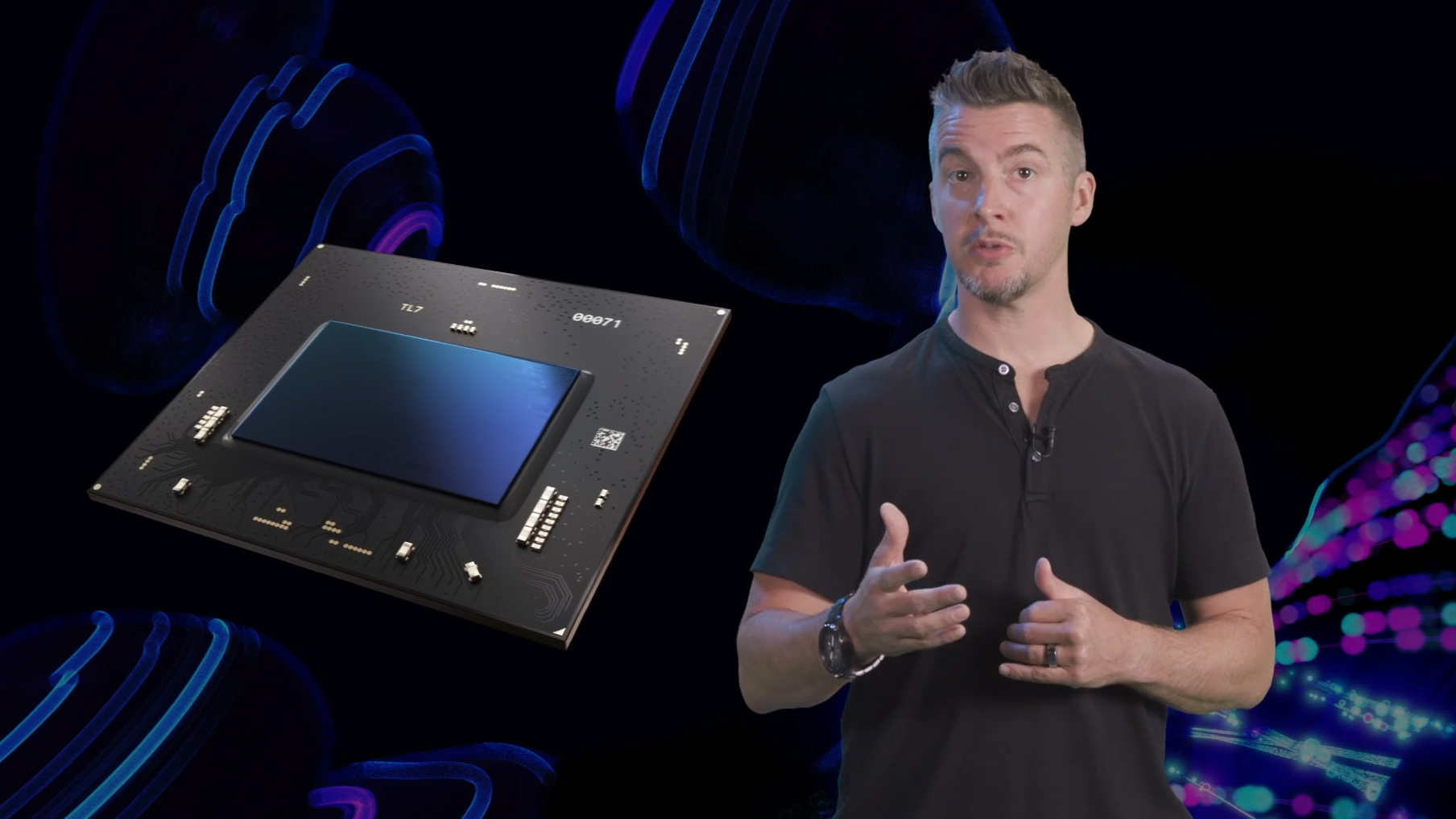Linux users running Intel Arc GPUs will benefit from FPS-boosting Resizable BAR
Although, still not many games support it. Perhaps this will change things?

Resizable BAR (Resize BAR or ReBAR) is coming to the long anticipated Intel Arc graphics card series, a recent announcement revealed. For those looking to add an Intel Arc GPU to their Linux setup, you'll benefit from this performance boosting technology in a few top games. Hopefully it'll encourage more devs to improve ReBAR support in their games, too.
Recent kernel patches from Intel's open-source developers have everything moving toward seamless support for ReBAR on Linux. However, as outlined by Phoronix, "in some cases the final BAR size might still be smaller than the total local-memory size."
If you're not caught up, ReBAR lets you unlock the potential of your graphics card's VRAM, using PCIe wizardry to make the whole framebuffer more readily accessible to the CPU, and give your PC a performance boost in the process. In the case that the BAR size is smaller than that of your machine's local memory, the latest patch will make sure "the entire local-memory range is usable."
Right now the changes are under review, but are likely to hit with the next update, the Linux V5.18 kernel.
Nvidia added ReBAR support for it's 30-series graphics cards back in March 2021, but there were only around 17 games that supported its use. That's sadly still the case, although these do include plenty of top games like Hitman 3, Red Dead Redemption 2, and even Cyberpunk 2077.
AMD has been touting a similar tech called Smart Access Memory (SAM) for a while. It's as simple as turning on a BIOS setting to get the benefits of SAM so it has much broader game coverage. But with Intel Arc now joining the ReBAR foray, there's potential for more games to benefit from ReBAR support—here's hoping.
Keep up to date with the most important stories and the best deals, as picked by the PC Gamer team.

Screw sports, Katie would rather watch Intel, AMD and Nvidia go at it. Having been obsessed with computers and graphics for three long decades, she took Game Art and Design up to Masters level at uni, and has been rambling about games, tech and science—rather sarcastically—for four years since. She can be found admiring technological advancements, scrambling for scintillating Raspberry Pi projects, preaching cybersecurity awareness, sighing over semiconductors, and gawping at the latest GPU upgrades. Right now she's waiting patiently for her chance to upload her consciousness into the cloud.

